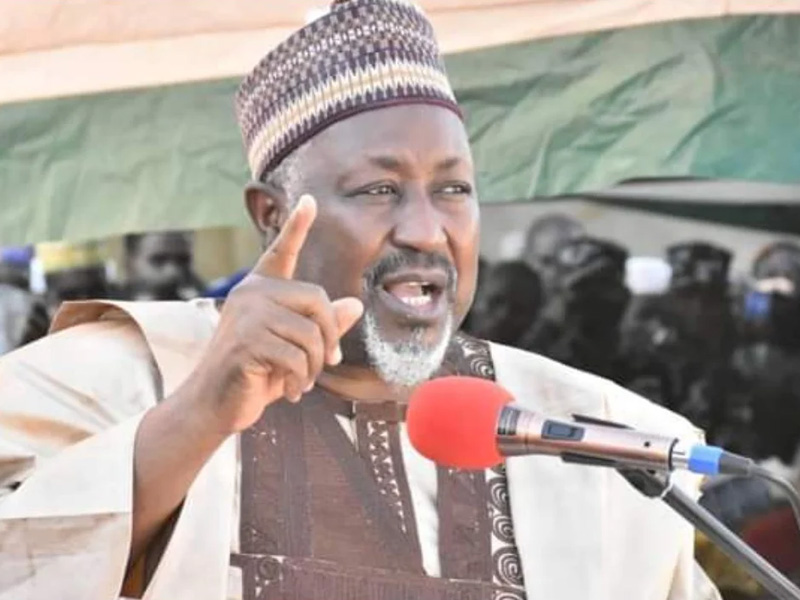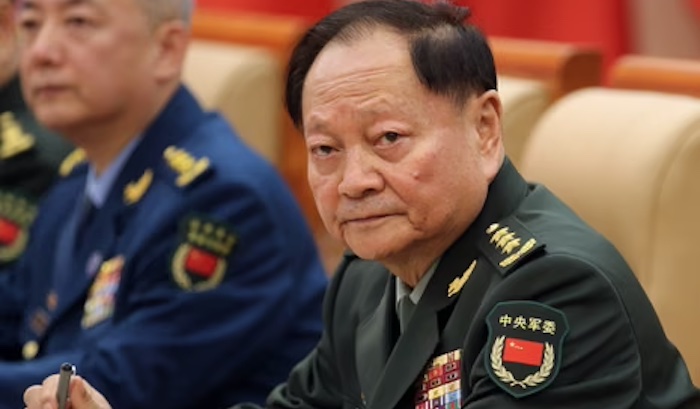
The Minister of Defence, Mohammed Badaru Abubakar, has stressed that Nigeria’s intelligence architecture must urgently embrace innovation to outpace rapidly evolving criminal tactics.
Speaking on Monday at the Chief of Defence Intelligence Annual Conference 2025 in Abuja, Badaru observed that traditional intelligence methods are no longer sufficient in the face of increasingly sophisticated threats ranging from cybercrime to organised armed groups.
He warned that criminal syndicates now exploit modern communication networks to coordinate attacks and evade detection.
According to him, “Nigeria’s security environment has become increasingly dynamic and contested. We no longer confront a single, predictable enemy; instead, we face adversaries who exploit technology, hide within civilian populations, manipulate communication networks, and operate across both physical and digital spaces with unprecedented speed. From terrorism, banditry and cybercrime to violent extremism and disinformation campaigns, today’s threats are multidimensional, rapidly evolving and often unpredictable.”
Badaru explained that technological superiority has therefore become a decisive factor in national defence. Threats, he said, are no longer defined principally by terrain or manpower, but by the speed, precision and depth of actionable intelligence. For Nigeria to stay ahead, the nation’s intelligence system must be driven by innovation, agility and strategic integration.
He noted that the theme of this year’s conference—“Multi-Source Intelligence and Innovation in a Changing National Security Ecosystem”—accurately reflects Nigeria’s evolving security landscape.
He added that a key priority for the Ministry of Defence and the Defence Headquarters is the development of a seamless and fully integrated intelligence operations framework.
The Minister emphasised the importance of real-time data flow between the Defence Intelligence Agency (DIA), the Service Headquarters and operational theatres, acknowledging significant progress already made by the Agency.
He commended the DIA for implementing the Joint Intelligence Mission Data and Analytics System (JIMDAS), integrating cognitive analytics and enhancing cyber-monitoring capabilities.
He described these initiatives not as mere technological upgrades but as genuine force multipliers which, when synchronised effectively, improve operational responsiveness and empower field commanders to make informed, intelligence-driven decisions that save lives and secure victories.
However, he stressed that technology alone is insufficient: “Technology does not deliver superiority; people do. It is the trained, disciplined and intuitive intelligence officer who transforms raw data into actionable national defence.”
In his keynote address, the President of the Senate, Senator Godswill Akpabio, emphasised that the fusion of intelligence streams has become essential in detecting and neutralising complex threats before they escalate.
Represented by the Chairman of the Senate Committee on Defence, Senator Ahmed Lawan, he highlighted the continued relevance of the Defence Attaché System in strengthening defence diplomacy and advancing Nigeria’s strategic interests globally.
He also noted that State Office Coordinators serve as the backbone of ground-level intelligence collection and coordination across the country. According to him, synergy between domestic and international intelligence efforts reinforces the whole-of-government approach required to counter emerging threats.
Earlier, the Chief of Defence Intelligence (CDI), Lieutenant General Emmanuel Undiandeye, stated that coordinated troop operations supported by effective intelligence had significantly degraded the capabilities of adversarial groups in several regions.
He added that the fluid and unpredictable nature of current threats requires continuous innovation and adaptability from state forces.
Linus Aleke



